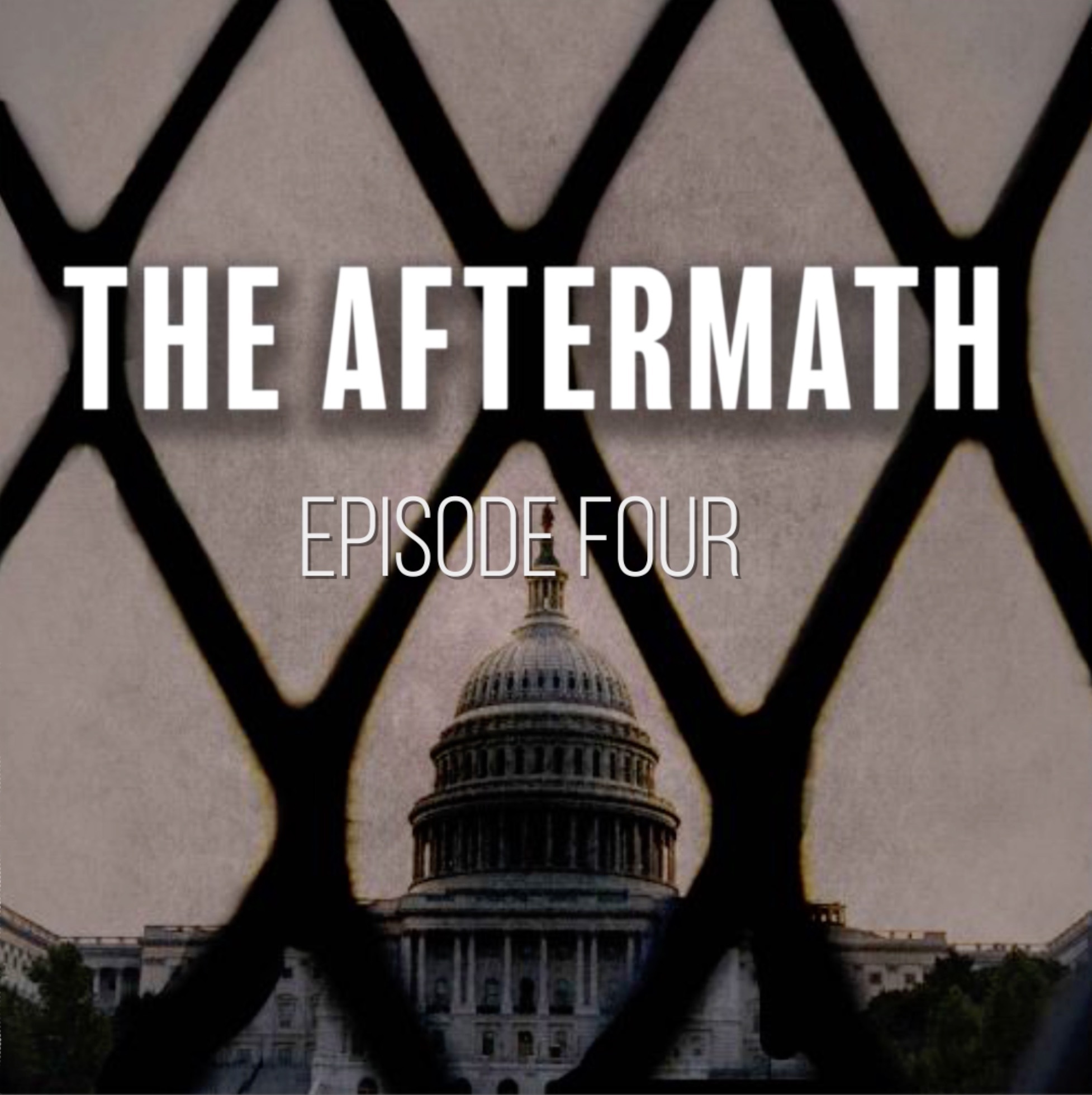The Aftermath, Episode 4: A Bipartisan Interlude
In this episode, we recall the brief period, now all but forgotten, in which Democrats and Republicans worked together to confront what had happened on Jan. 6.

Published by The Lawfare Institute
in Cooperation With

We’re pleased to bring you a new episode of The Aftermath, our narrative podcast series on the search for accountability in response to the Jan. 6 insurrection:
In Episode 1, available here, we examined how the events of Jan. 6 raised complicated accountability questions across a number of axes. What caused the total breakdown in physical security at the Capitol? Who is responsible: the rioters themselves? Those who fueled their outrage? The institutions that were unprepared? All of the above? Through what legal or political mechanisms can these people be held accountable? And will they work?
Episode 2, available here, told the story of how the rioters walked away from the scene as the Justice Department and the FBI scrambled to kick off one of the largest criminal investigations in U.S. history. We introduced four criminal defendants who have been charged in connection with the Jan. 6 Capitol attack, each of whom represents a larger body of defendants, to show how the differences in rioters’ conduct led to different charges. Over the course of this series, we’ll continue to track each defendant’s case as it progresses in an effort to explain how prosecutors are using the law to impose criminal accountability.
In Episode 3, available here, we turned to Congress. Entitled “Congress Responds,” the episode looks at what Congress was doing in the days immediately after Jan. 6. What tools were at its disposal, and what options did it consider to hold President Trump accountable for the insurrection? Was impeachment the best way to address what happened, or just the most viable one at the time? We hear from experts and from people who were actually there, on both sides of the proceedings—Rep. Jamie Raskin, the lead impeachment manager, and David Schoen, the lead defense lawyer for Donald Trump. We even talked to one of the last living Framers of the Constitution.
Today we bring you our latest, Episode 4: A Bipartisan Interlude. In this episode, we recall the brief period, now all but forgotten, in which Democrats and Republicans worked together to confront what had happened on Jan. 6. Although fleeting, this period was actually quite productive—Congress conducted important investigations, held 21 public hearings, and took meaningful action to fix things. It made progress, especially on improving Capitol security. But it turned out that bipartisanship was only possible when everyone was focused on what, and who, had failed to prevent the attack. When it came to questions about what and who caused the attack in the first place, the bipartisanship dissolved.








